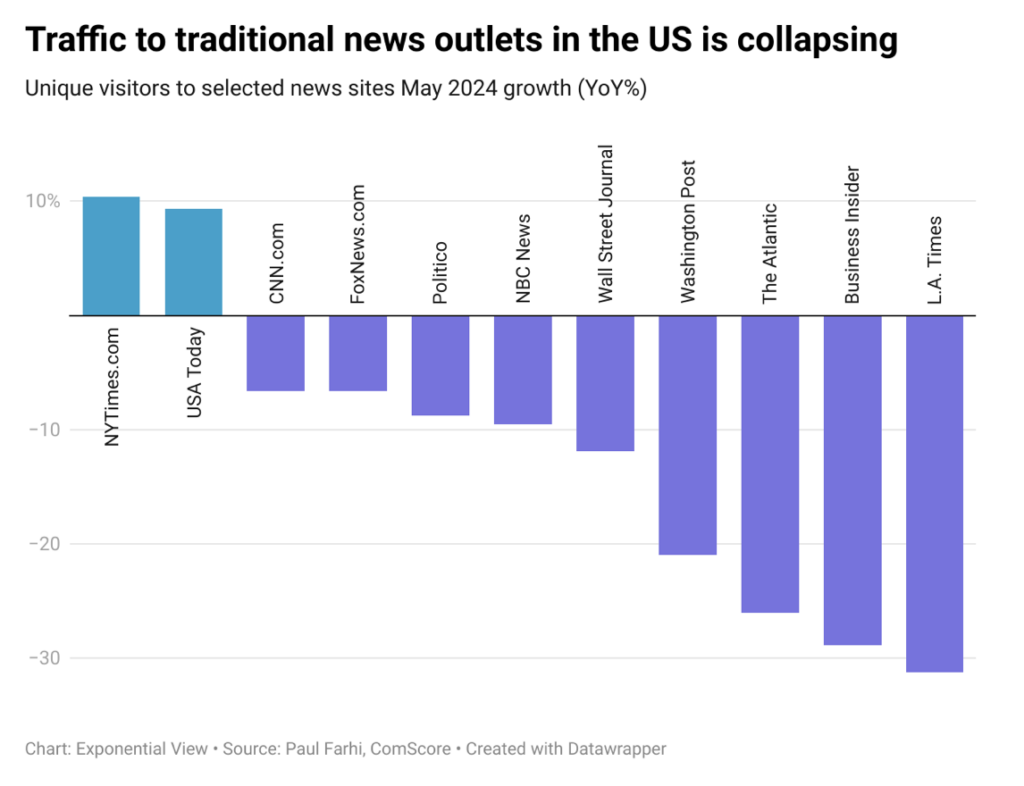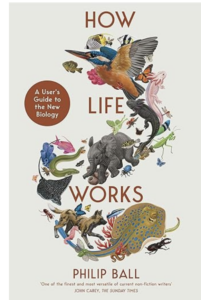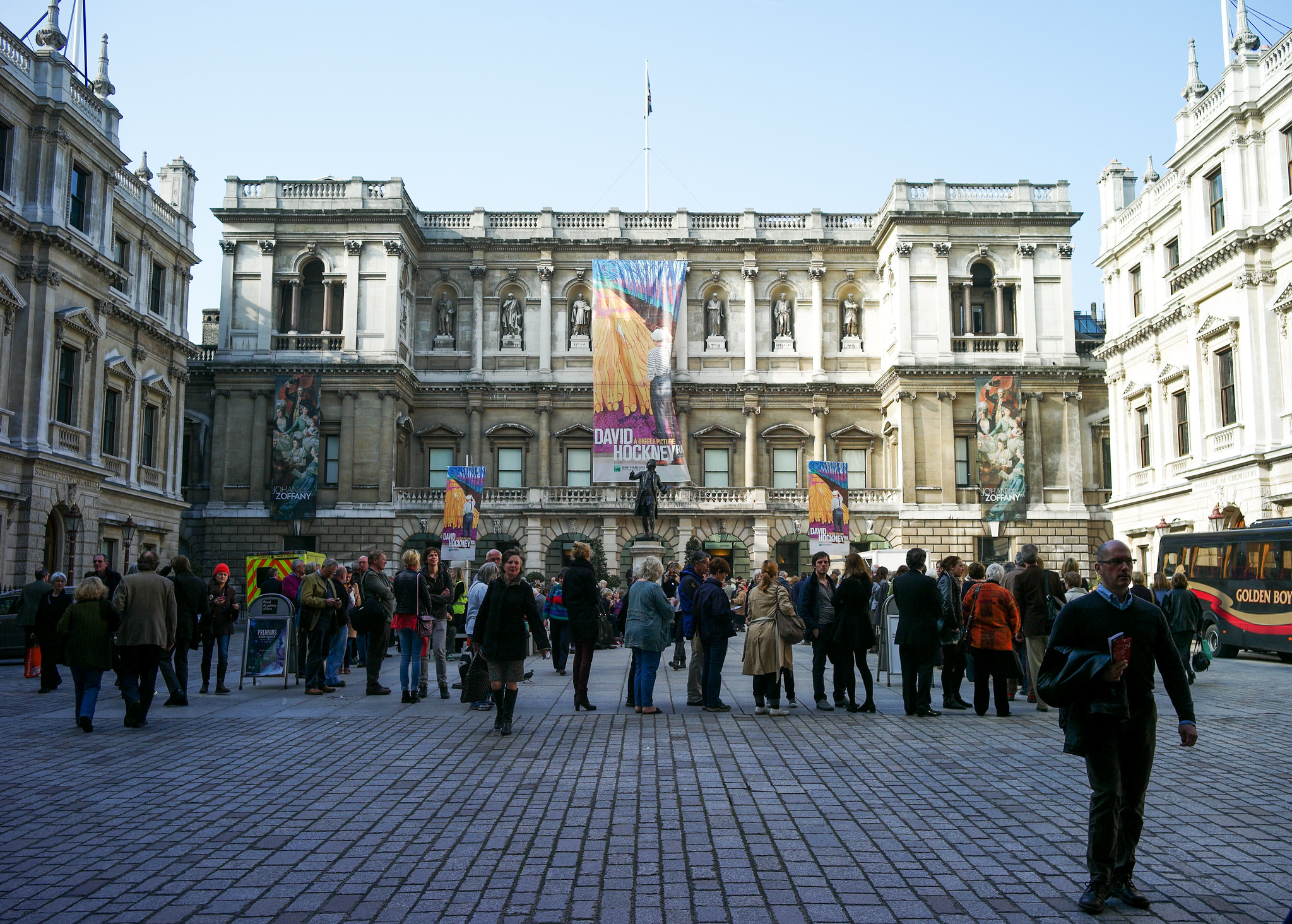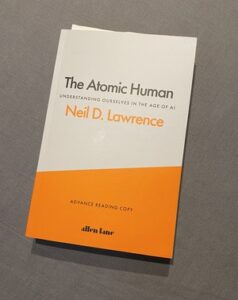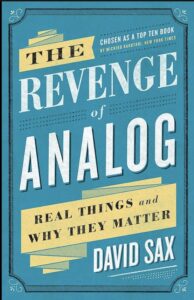I Love Nice
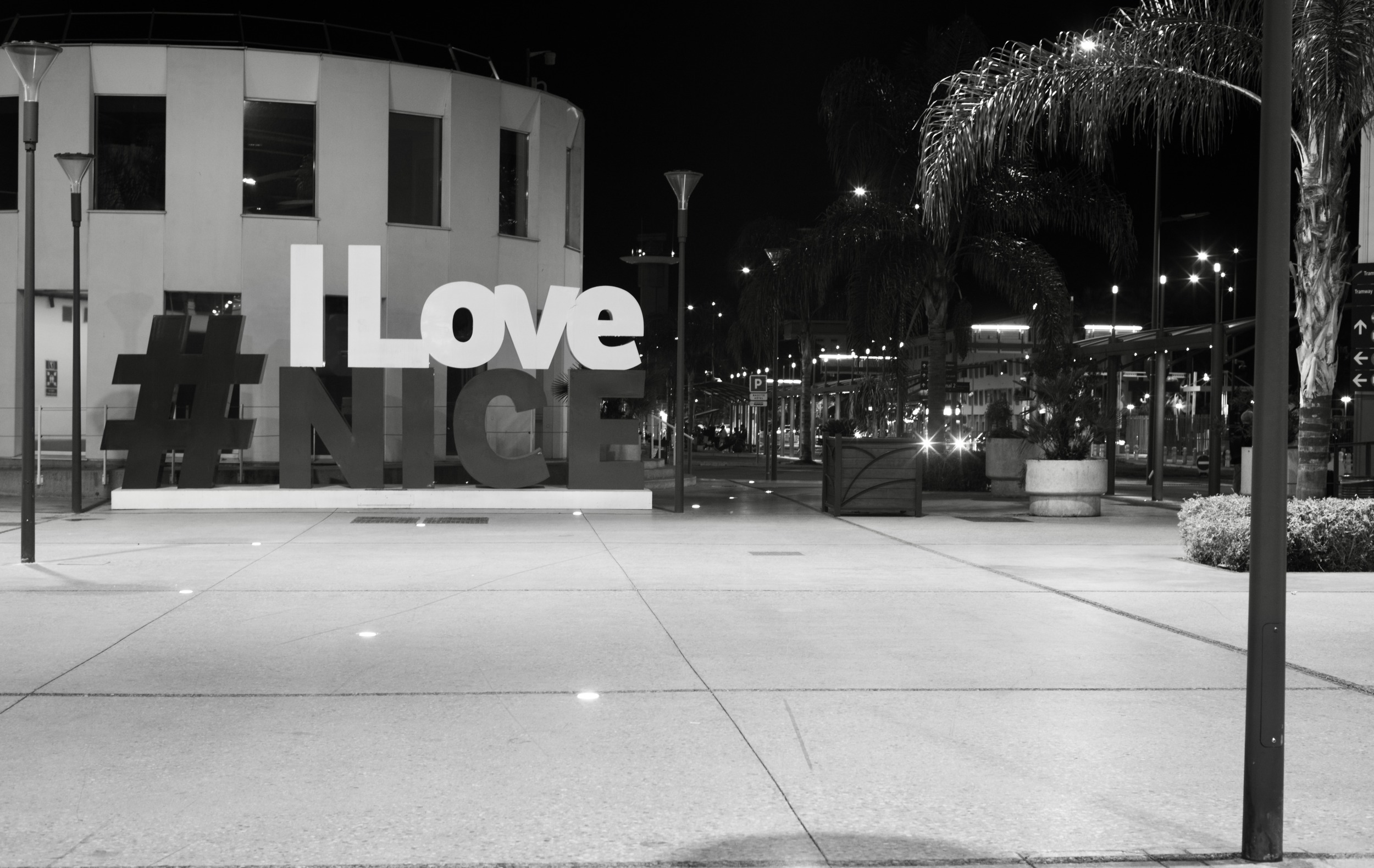
Actually, I don’t. Taken at 11pm outside the bus station in Nice during an interminable wait for my grandson to arrive from Florence.
Quote of the Day
“Whom the gods wish to destroy, they first call promising. Those whom the public criticizes most, usually end up as full-blown mediocrities. A writer who has produced a respectable body of work and still writes on may be past his prime. He may go into a decline of intellectual menopause, producing more and more of what he does best with less and less feeling until the mechanical becomes habitual and the habit becomes invincible.”
- Cyril Connolly in Enemies of Promise.
Hmmm……see below.
Musical alternative to the morning’s radio news
Andy Irvine, Donal Lunny & Paul Brady at The Embankment in 1976
I think the two tunes are ‘Munster Buttermilk’ and ’Tripping up the Stairs’. The incorporation of the Greek bouzouki into Irish folk music in the mid-1960s was a major event, and the instrument was subsequently retuned by Andy Irvine who, according to Wikipedia “replaced the octave strings on the two lower G and D courses with unison strings, thus reinforcing their lower frequencies” making it an Irish bouzouki!
Long Read of the Day
Steve Bannon’s Dangerous “Dharma” Boston Review
This is a transcript of an interesting interview that Deborah Chasman had with the documentary-maker Errol Morris marking the release of his new documentary on Donald Trump’s former advisor, Steve Bannon, “who is loathed on the left at least as much as the president himself”.
Morris is a great director who made The Fog of War, a memorable series of interviews with Robert McNamara, the Secretary of Defense who oversaw the US’s war in Vietnam. In more recent times, he made a film on Donald Rumsfeld, who was George W. Bush’s Secretary of Defense. So the obvious first question put to him by Ms Chasman is: what draws him to obnoxious characters?
Errol Morris: In the case of the two secretaries of defense and now Bannon, they’re people who have wielded enormous power. It’s the power and the destructiveness combined that is fascinating. The psychology of these people is hard to parse. With Rumsfeld, I felt I put my finger on it: at the heart of it was this almost impossible vanity and self-satisfaction. I call him the least Jewish person I’ve ever met because of his lack of self-knowledge, lack of self-loathing, guilt, remorse. All that was left when you sieved everything out was this enormous pleasure at himself and his own sense of righteousness—“I am right, and you are wrong.” McNamara was never trying to convince you that he was smart; he just was smart, and tortured.
Bannon has this odd career because you would assume, having been tossed out of the Trump administration, that that would be more or less the end of him; he might appear as a pundit on Fox News and otherwise we wouldn’t hear from him again. But of course that’s not what has happened. And that in itself is really interesting, this life after life. It bears out a lot of his claims, one of which was that he saw himself as bigger than just a political advisor to Trump. Evidently, bigger means he wants to take his message—his crusade—global; he’s in love with the Crusades and he himself has started yet another. He wants to destabilize Europe and he’s having some success. He wants to put an end to the European Union. He wants to put an end to the euro. He wants to undermine the May government, the Merkel government, and the Macron government and install right-wing administrations in their place. And he’s already been successful to the extent that he played a major role in the political coalition that now governs Italy…
‘dharma’, btw, is defined by the American Heritage Dictionary as “The principle or law that orders the universe.” (No, I didn’t know either, but it’s an interesting interview despite that.)
Footnote: For an intriguing little film by Morris that conveys what he’s like, see this New York Times video on “the umbrella man”. He’s also written a rather good book on documentary photography, Believing is Seeing.
My commonplace booklet
Venkatesh Rao’s definition of ‘intellectual menopause’ from his essay on the subject.
Intellectual menopause is an individual disease that men of particular temperaments and a particular age range (40-50) are particularly vulnerable to. It is especially liable to be triggered if they’re part of a paradigm that’s beginning to exhaust itself when they begin their careers, and is likely to infect entire cohorts. It is likely to manifest through behaviors like a focus on abstract values, manifestos, bestowing advice upon younger people, “attitudinizing” one’s own past, or retreating from frontline creative endeavors to supervisory and managerial ones. It is is a symptom of a phase in the lifecycle of complex social systems.
Linkblog
Something I noticed, while drinking from the Internet firehose.
- Is the Gartner ‘hype cycle’ generalisable?
The Economist decided to do some empirical work.
Unfortunately, it is not easy to test whether a hype cycle is an empirical regularity. “Since it is vibe-based data, it is hard to say much about it definitively,” notes Ethan Mollick of the University of Pennsylvania. But we have had a go at saying something definitive, extending work by Michael Mullany, an investor, that he conducted in 2016. The Economist collected data from Gartner, which for decades has placed dozens of hot technologies where it believes they belong on the hype cycle. We then supplemented it with our own number-crunching.
We find, in short, that the cycle is a rarity. Tracing breakthrough technologies over time, only a small share—perhaps a fifth—move from innovation to excitement to despondency to widespread adoption. Lots of tech becomes widely used without such a rollercoaster ride. Others go from boom to bust, but do not come back. We estimate that of all the forms of tech which fall into the trough of disillusionment, six in ten do not rise again. Our conclusions are similar to those of Mr Mullany: “An alarming number of technology trends are flashes in the pan.”
Interesting. I have found the Hype Cycle to be a good way of opening a conversation about tech, but maybe it doesn’t capture the overall reality of tech evolution. As the Economist notes, cloud computing went “from zero to hero” in a straight line. And the same may be happening with solar power. But how will the ‘AI’ bubble play out?
Feedback

Thanks to a reader, Melwyn Godinho, I discovered that the BBC World Service’s Moving Pictures documentary strand had a lovely episode about the picture which had led Wednesday’s edition of this blog. From it I learned how much more there is to the painting than I had imagined. As a result I’ve been brooding on it all week.
Great works of art do that — they have a way of burrowing into one’s consciousness, so that you can’t stop thinking about them. I was the Observer’s television critic for many years, and when I decided to move on to other things I was asked to name the best TV productions I’d seen during that time. And I used that criterion — of whether a work had taken up a space in my head — to decide. Top of the list was Edgar Reitz’s Heimat trilogy, which chronicled life in Germany from 1918 to 2000 through the eyes of a family from the Hunsrück area of the Rhineland-Palatinate. The family’s personal and domestic life is set against the backdrop of wider social and political events in Germany, and when I was watching it, week by week, I simply could not get its characters — and their stories — out of my head. Other works that had the same effect included Dennis Potter’s The Singing Detective, Alan Plater’s The Barchester Chronicles (and especially Alan Rickman as Mr Slope) and Alan Bleasdale’s The Boys from the Blackstuff.
This Blog is also available as an email three days a week. If you think that might suit you better, why not subscribe? One email on Mondays, Wednesdays and Fridays delivered to your inbox at 6am UK time. It’s free, and you can always unsubscribe if you conclude your inbox is full enough already!





